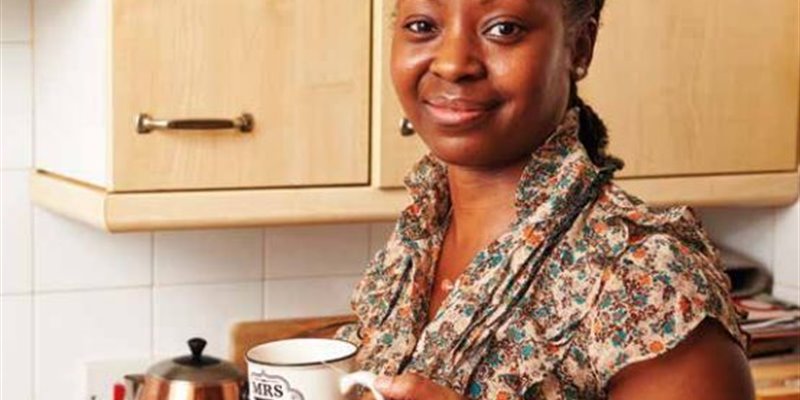
When someone you love is diagnosed with cancer, it can be difficult to know how to support them.
They may need emotional support if they feel overwhelmed or anxious, or they may need practical help with managing things like appointments, work and childcare. Sometimes, they may need help with both.
It’s important that you look after yourself too. There are many places you can get information and support for looking after a loved one – you might find the following tips and links useful.
Talking and listening
Simply being there to listen and offer comfort can be a great support to your friend, family member or partner:
Practical support
Offering practical support to someone with cancer can help them feel more in control, and able to focus on what is important to them.
Talk to the person you’re supporting and try to identify where they might need help, and what kind of impact their treatment could have. This will vary for everybody, but these are some things you could offer to do:
There are healthcare professionals and organisations that can help with looking after someone with cancer, including:
You can find out more about these resources in our booklet, Looking after someone with cancer.
Are you a carer?
If you give any unpaid help or support or care to someone who could not manage without it, you are a carer. You can find more information about being a carer and getting support as a carer for someone with cancer on our website.
Looking after yourself
Supporting someone with cancer can be emotionally and physically exhausting, and it’s important to take care of yourself too. This will help you to support your loved one in the best way you can.
You may find you need time off from caring for someone, to give yourself a break. This is called respite care. Respite care includes things like:
To get respite care, you can ask social services for an assessment of your needs. This is called a carer’s assessment.
Further information
You might also find these web pages useful:
Getting support as a carer (Macmillan)
Cancer and dementia (Macmillan)
If the person you care for is dying (Macmillan)
The Respite Association – a charity providing short-term help for carers by funding respite care.
Carers Trust – a charity offering support, information, advice and services for people caring for a family member or friend.
Carers UK – a charity providing information and support to carers across the UK. They have an online forum and can put people in contact with local support groups for carers.
You can also contact the Macmillan Support Line on 0808 808 00 00. The line is open 7 days a week, 8am-8pm. Our support line has access to an interpretation service to speak to someone in your language, including BSL. When you call, start the conversation by requesting your language first in English.
Whatever cancer throws your way, we’re right there with you.
We’re here to provide physical, financial and emotional support.
© Macmillan Cancer Support 2026 © Macmillan Cancer Support, registered charity in England and Wales (261017), Scotland (SC039907) and the Isle of Man (604). Also operating in Northern Ireland. A company limited by guarantee, registered in England and Wales company number 2400969. Isle of Man company number 4694F. Registered office: 3rd Floor, Bronze Building, The Forge, 105 Sumner Street, London, SE1 9HZ. VAT no: 668265007